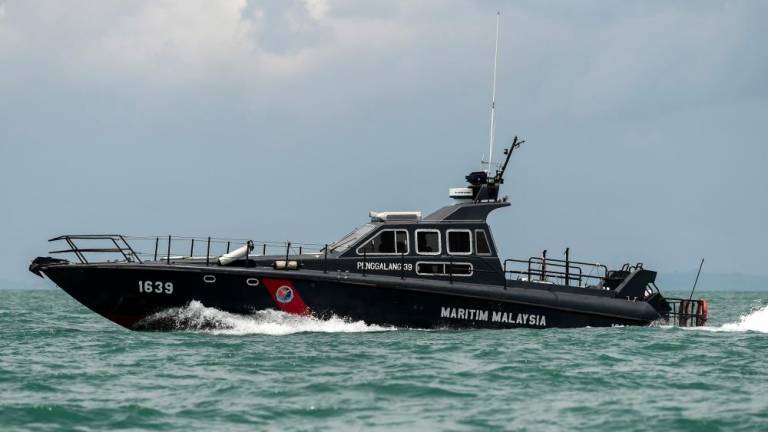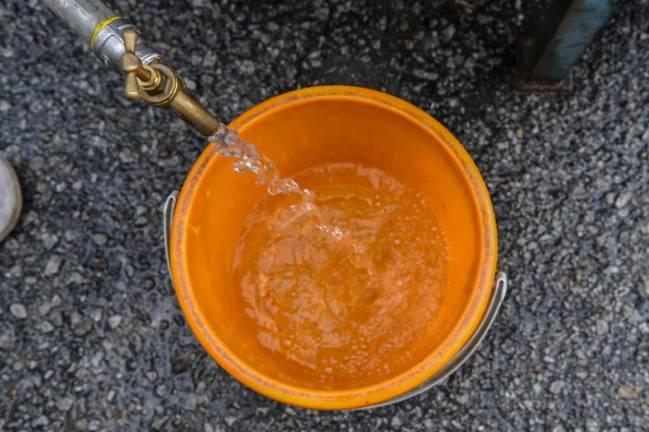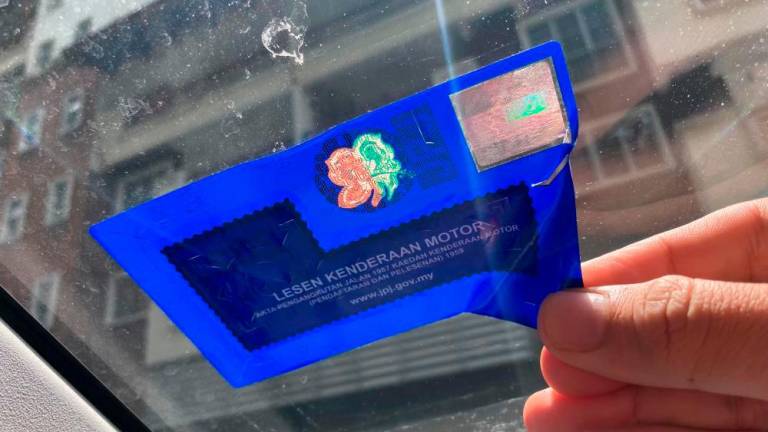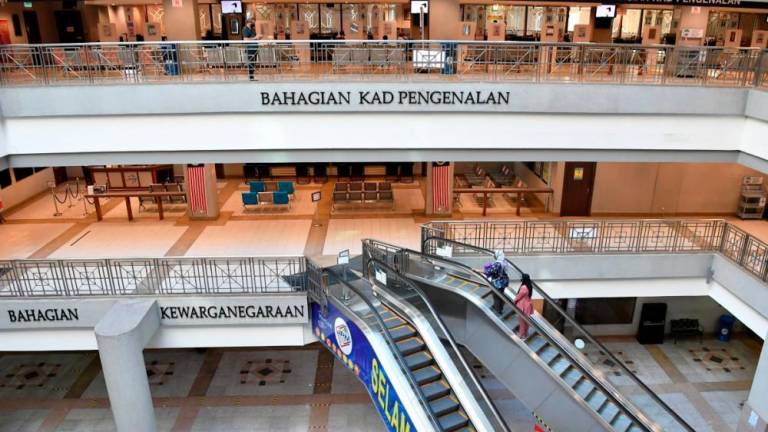SINGAPORE: Eleven Malaysia-registered ships were among the 14 vessels targeted for robbery and theft from tug boats and barges in the Singapore Strait between February and Aug 15 this year, according to an information-sharing centre.
Five of the 14 incidents were robberies and nine were thefts of scrap metal, said the Information Sharing Centre of The Regional Cooperation Agreement on Combating Piracy and Armed Robbery against Ships in Asia (ReCAAP) in a special report, and expressed concern over the rising number of such incidents.
“This is the highest number of incidents of theft of scrap metal from barges while underway in the Singapore Strait since the first incident of such nature was reported to the centre in 2011,” it said.
Eleven of the incidents involved Malaysia-registered ships; one a Cyprus-registered ship; one a Niue-registered ship and one had no information on the flag of the ship.
Five of the ships were sailing to Penang and three to Port Klang, and no information is available on where the remaining six ships were heading to.
The centre said it is concerned about the increase in the number of incidents although the perpetrators were not armed and the crew not harmed in the 14 cases, which works out to an average of two per month.
On Aug 3, the Malaysian Maritime Enforcement Agency (MMEA) arrested three perpetrators suspected to be part of the criminal groups involved in the theft of scrap metal, it said, adding that the initial investigation revealed that the men committed the crime in groups.
The centre, which was established in Singapore on Nov 29, 2006, noted that between 2011 and Aug 15 this year, a total of 25 incidents of theft of scrap metal from barges were reported.
Between 2007 and Aug 15 this year, 98 incidents involving tug boats and barges were reported in the Singapore Strait which links the Strait of Malacca to the South China Sea.
ReCAAP is the first regional government-to-government agreement to promote and enhance cooperation against piracy and armed robbery against ships in Asia.
It was launched in November 2006 and has 20 contracting parties today, they being 14 Asian countries, four European countries – Norway, the Netherlands, Denmark and the United Kingdom; Australia and the United States. — Bernama













